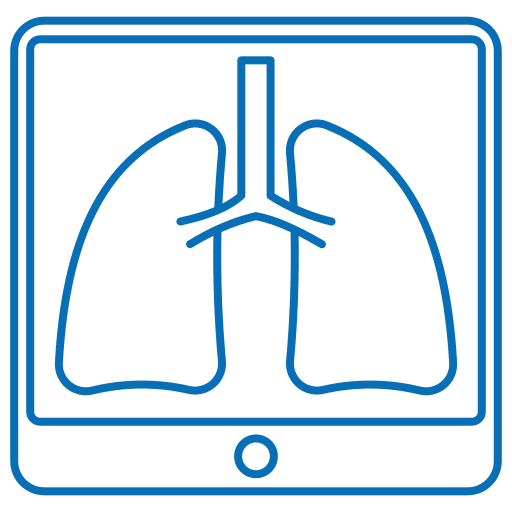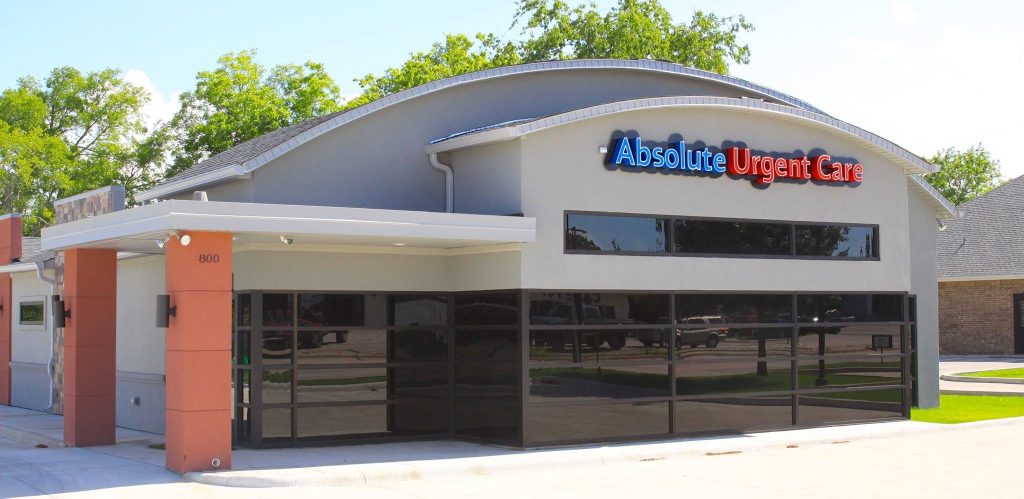When the cold and flu season hits, it’s not uncommon for most of us to experience the occasional sniffles, sneezing, and fatigue. These are often minor inconveniences that can be managed with rest, hydration, and over-the-counter remedies. However, there are times when cold and flu symptoms can become more severe and require urgent medical attention. In this article, we’ll explore when it’s essential to seek urgent care for cold and flu symptoms in the USA.
Recognizing Cold and Flu Symptoms:
Before delving into when to seek urgent care, let’s briefly recap the common symptoms of cold and flu:
1. Cold Symptoms:
– Runny or stuffy nose
– Sneezing
– Sore throat
– Mild headache
– Low-grade fever (rare)
2. Flu Symptoms:
– High fever (usually above 100.4°F)
– Severe body aches and fatigue
– Dry cough
– Chills and sweats
– Congestion
– Sore throat
– Headache
Now, let’s discuss when these symptoms may warrant a visit to an urgent care center.
When to Seek Urgent Care for Cold and Flu Symptoms:
1. High Fever:
One of the primary indicators that it’s time to seek urgent care is a high fever. If your fever spikes above 100.4°F, especially if it persists for more than a few days or is accompanied by severe body aches, it’s crucial to consult a healthcare professional. High fevers can be a sign of a more severe infection, such as influenza.
2. Difficulty Breathing:
If you experience shortness of breath, chest pain, or a persistent cough with mucus that is thick, green, or bloody, these are concerning signs. They could indicate a respiratory infection, pneumonia, or bronchitis, which may require immediate medical attention.
3. Dehydration:
Severe cold and flu symptoms can lead to dehydration, especially if you’re vomiting, experiencing diarrhea, or unable to keep fluids down. Dehydration can be dangerous, and urgent care can provide intravenous (IV) fluids to rehydrate your body.
4. Worsening Symptoms:
If your cold or flu symptoms worsen instead of improving after a few days of rest and self-care, it’s time to seek medical advice. This includes symptoms like severe headaches, persistent vomiting, or a fever that doesn’t respond to over-the-counter fever reducers.
5. Chronic Medical Conditions:
Individuals with pre-existing health conditions like asthma, diabetes, heart disease, or compromised immune systems are at a higher risk of complications from cold and flu. Seek urgent care if you fall into this category and experience cold or flu symptoms.
6. Exposure to High-Risk Groups:
If you’ve been in close contact with individuals who are at high risk of developing severe complications from respiratory illnesses, such as young children, the elderly, or individuals with compromised immune systems, it’s wise to seek medical evaluation to prevent the spread of illness.
While most cold and flu cases can be managed at home with rest and over-the-counter remedies, there are instances when seeking urgent care is essential. High fevers, difficulty breathing, worsening symptoms, dehydration, chronic medical conditions, and exposure to high-risk groups are all valid reasons to consult a healthcare professional. Remember, early intervention can make a significant difference in your recovery and prevent the spread of illness to others. If you’re in the USA and experience these severe symptoms, don’t hesitate to visit your nearest Absolute Urgent Care center for prompt and expert medical attention. Your health is a priority, even when dealing with common cold and flu viruses.






















